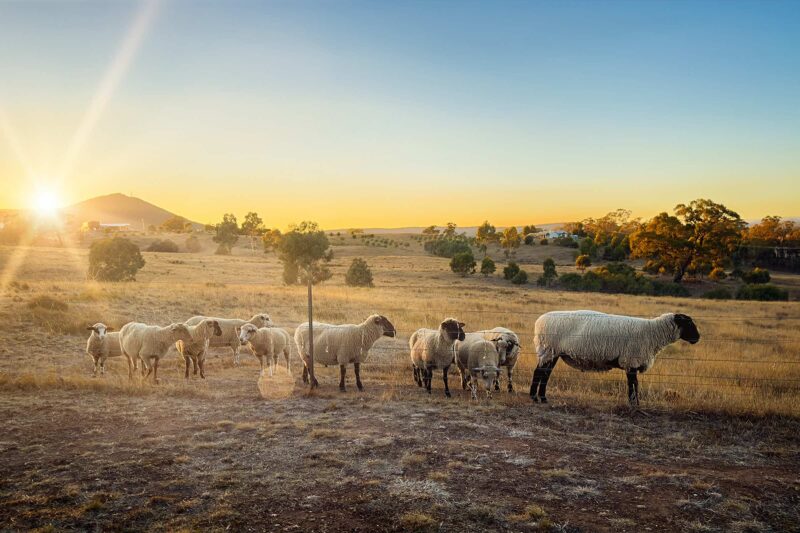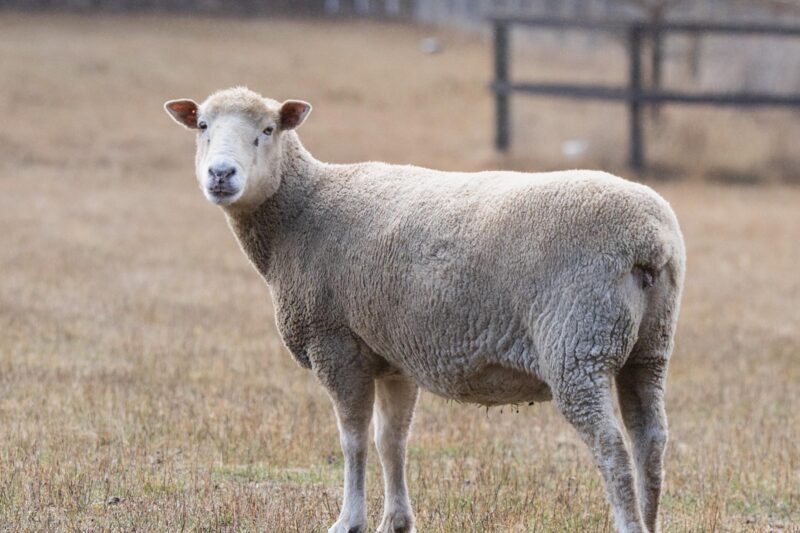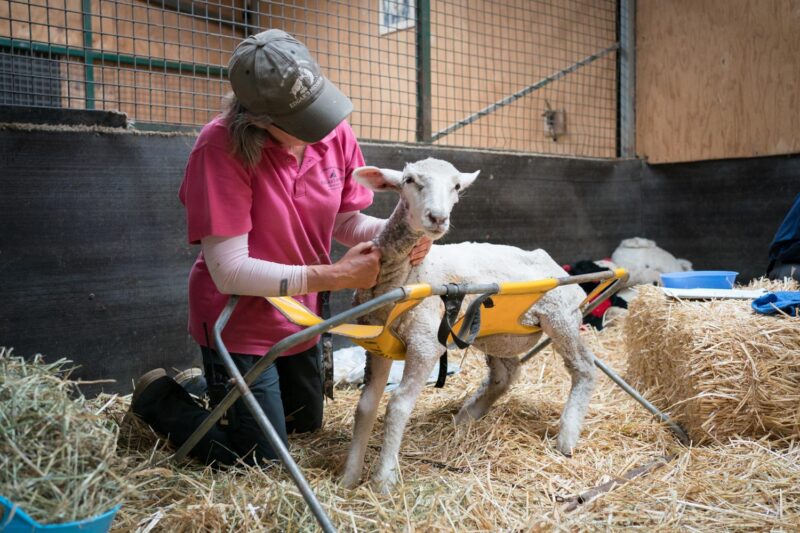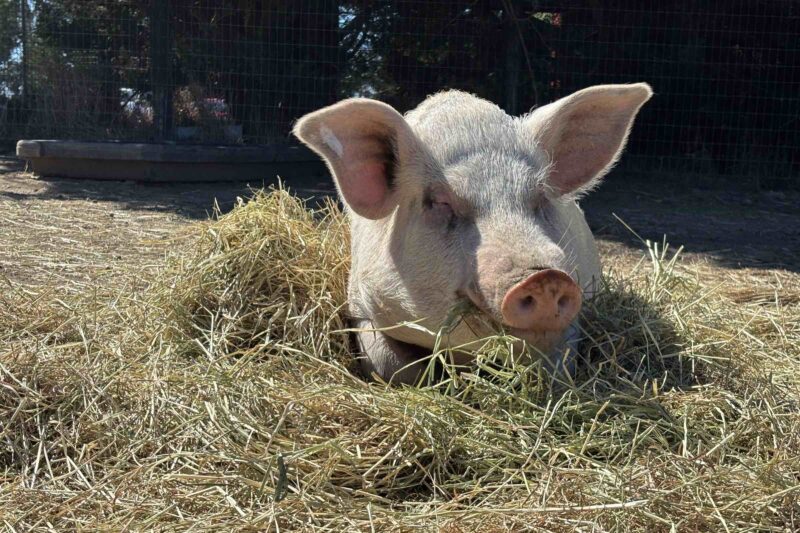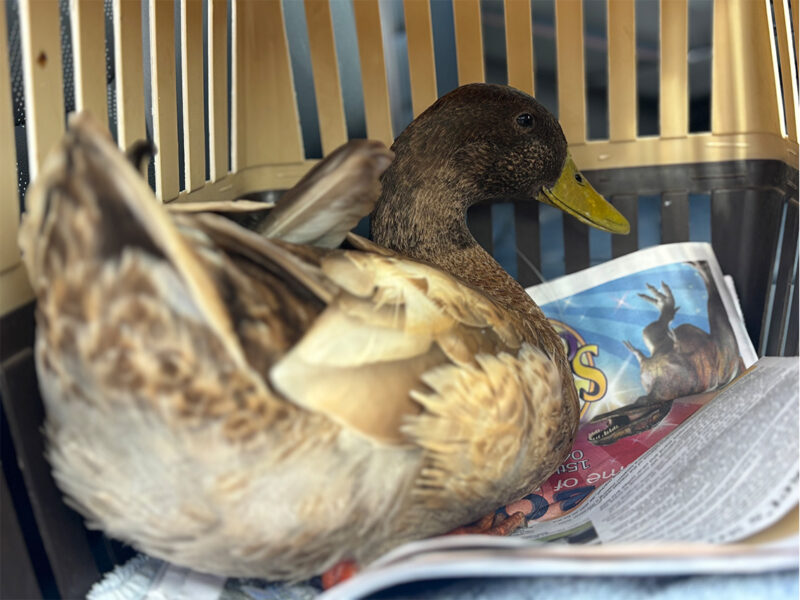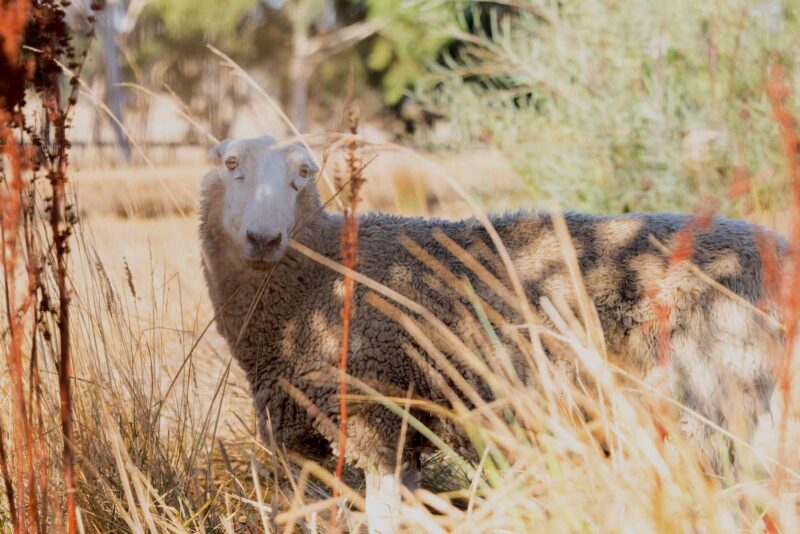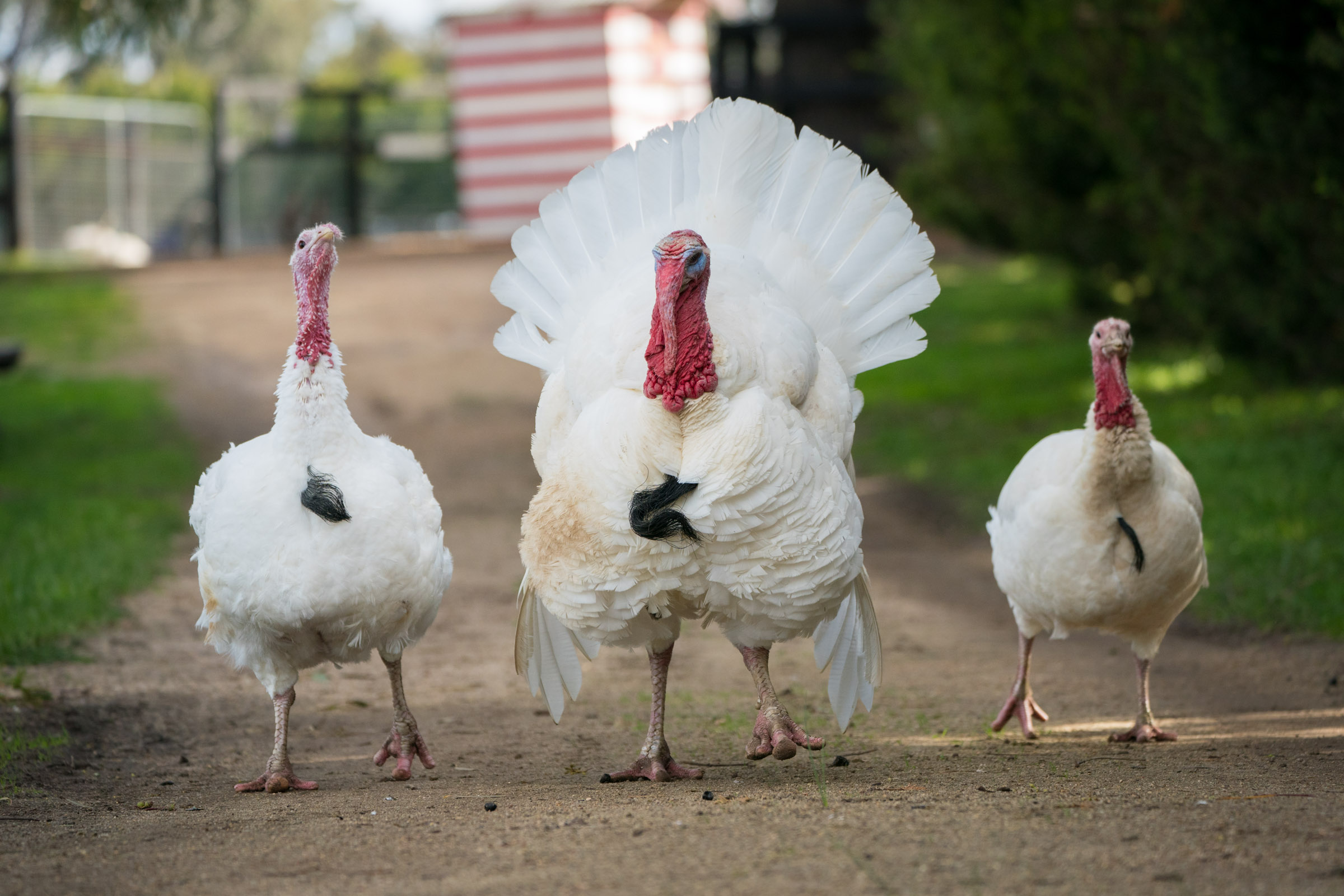
Defiant – a story of our humanity
It’s June 5th 1989, and with an eagle eye view to the heart of Beijing’s Tiananmen Square, China, a lone man stands. He stands in the shadow of the previous 24 hours when Chinese troops mercilessly unfurled their weaponry, fury and injustice on pro-democracy student protestors who had occupied the square for over a month. He too stands, clutching what appears to be a plastic bag in the shadow of a line of menacing armoured tanks before him. His only protection; his flimsy shirt, trousers and courage beyond belief.
As the tank he faces off clunkily manoeuvres to its left in an attempt to get around the immovable man, the man takes a step to his right. The tank halts, changes course and attempts to move this time to its right. “Tank Man”, as the unknown man would become known, takes a corresponding step to his left as they dance one of the most memorable and haunting waltzes of all time.
Fast forward to today, more than thirty years on, and the stirring image that captured this moment still breathes goose dumps into hearts around the globe. History records,
The Cambridge online dictionary tells us the meaning for the noun defiance is “proud and determined opposition against authority or against someone more powerful than you are”. Tank Man’s selfless act of defiance* has taken on a life of its own and still spreads the world over, inspiring countless generations to live the courage of their convictions, and that might should never triumph right.
Yet closer to home, there exists subtle acts of defiance that often go overlooked in our world. And they too are so worthy of our moral consideration as they serve as pin pricking reminders that acts of oppression are not confined to history, and do not only occur in foreign countries with cultures and customs far removed from our own. I look no further than out my window now for proof of this. For there I see, in the splendour of all his evocative glory, the beautiful Ballerina – a white broad breasted turkey strutting by. A lone colored feather standing defiant amongst the backdrop of his stark white short covert tail feathers.
Of the order Galliformes (which describes heavy bodied land dwelling birds who make nests upon the ground and takes in chickens, pheasants, quails, peafowl, and guinea fowl), turkeys first established themselves in North America. And not, as once thought, the country of Turkey. The reason for this misdirection of origin comes from the 16th century when Spanish traders, having sourced the birds from Native Americans, ferried them on to European tables via shipping routes that passed through the country named Turkey.
Since this time, these gentle birds with their magnificent plumage and spectacularly bald and caruncled heads have been on the receiving end of much misdirection from our species, none the least in our selective breeding of them for dietary convenience, which sadly has been grossly devoid of compassion. None more so though in the last 70 odd years when human influence along with industrialisation took a stranglehold of their genetics in a quest to produce more meat from less feed. Whilst achieving this goal, the hapless turkey has paid the greatest of price. And so too has our humanity.
This act of piracy of their lives sees the “meat” turkeys of today with DNA far removed from that of their wild cousins of North America. They are fast growing birds selectively bred with designer bodies to convert food to muscle mass exponentially. The legacy of this great desire for their flesh sees the turkey of today with breasts so large and growth so quick, that flight has been reduced to an impossible dream along with the ability to mate naturally.
This human directed evolution, devoid of kindness but keen on profits, has meant these intelligent, curious and friendly birds reach their target slaughter weight in the shortest period of time in history; around five months. And so often in a state of both chronic and acute pain. Many walking on bowed legs, suffering painful hock burns and enduring respiratory and cardiovascular conditions. They are raised in sheds filled with excrement, fear and despair. Where the very air sears their delicate nostrils, eyes, lungs, and sadly so often their will to live. And so too it would our hearts, if only we had the privy and courage to witness this human inflicted suffering.
But we do not. Shielded from our gaze and ethical consideration, not only by the large industrial sheds that confine them, but so too by animal protection legislation that has commodified them to production units and is geared so much in our favour and not theirs that their short impoverished lives escapes a lens of any compassion.
We have taken so much from the lives of these placid animals – fresh air, soil to scratch about in, opportunities to perch and nest, and even the simple ability to be themselves and all nature intended them to be. And we too can legally take parts of their bodies whilst they are still alive. Beaks, snoods, toenails and feet, all can be mutilated or severed in a bid to quell the unnatural aggression that arises from the squalid and cramped conditions that these otherwise gentle birds, who even purr like cats when happy and content, are forced to endure.
Chances are when you think of a turkey, images of a proud bronze bird with a circle of magnificent colored tail feathers sitting behind them like a splendiferous halo, just like those turkeys who filled our childhood books with color, comes to mind.
However, a human desire for white flesh has seen the vast array of color too taken from these birds, for the vast number of turkeys bred, raised and slaughtered for human consumption today are white just like our Ballerina. White, aside from a colored “pin” (a developing feather) which is visible through the skin of the “dressed” bird reminding us that we are eating the remains of a once living animal.
We take so much from these birds who cannot fight back. We overpower them in so many ways that nature never anticipated, nor equipped them to combat. We take so much, and then we take their life. But Ballerina’s lone coloured feather stands in defiance to all of this, and informs that no matter how much we take from their lives, some things we never can.
But rather how we treat those who cannot fight back, the lesser, the other, the vulnerable and the meek, the lone man standing in Tiananmen Square. And of course, animals.
The pages of history bear many a tale of brave acts of defiance that have stirred consciences into action and inspired much needed change. Tales such as these are more than simple stories, they are factual and powerful representations of clarion call to our hearts. They are calls for us determine what’s truly important in our life. For when we do, we have a key to what is truly important in the lives of others – both people and animals.
They too should cause us to recognise that ultimately, the ability to change the world does not lie with those in the animal agriculture industry or even our lawmakers. It lies with us, the people, our will to not to partake in a system of food production that is as unjust as it is inhumane. It is a call for us to ask ourselves “how have we come to be so cruel and thoughtless, and how can we change?”
It was the great social activist, civil rights campaigner, champion of peaceful protest and change maker, Martin Luther King Jnr, who in 1963 wrote from Birmingham Jail “Injustice anywhere is a threat to justice everywhere. We are caught in an inescapable network of mutuality, tied in a single garment of destiny. Whatever affects one directly, affects all indirectly.”
And it is for this reason we must remain forever defiant against oppression, cruelty and injustice, and in doing so we shall reach the greatest of our humanity.
*There too is a lesser known defiant hero in the Tank Man story who is worthy of mention. And this the driver of the tank. There is no doubt that given the countless number of deaths at the brutal hands of authorities that eked out over that period, the order to kill Tank Man was one, yet the driver of the tank that day held true to his heart and remained defiant against injustice.
